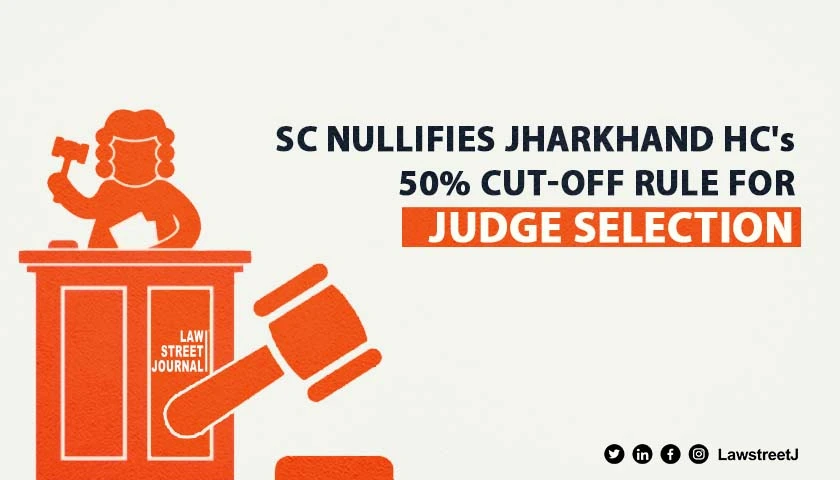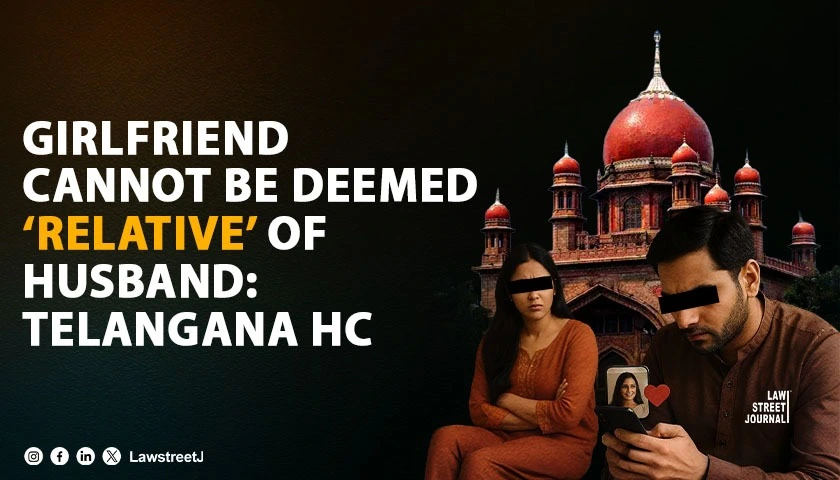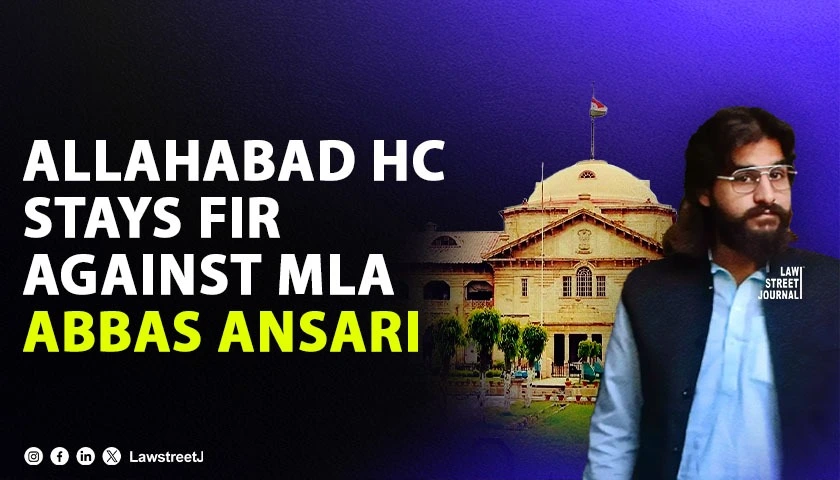NEW DELHI: The Supreme Court has quashed the Jharkhand High Court's full court resolution subsequently introducing fresh aggregate marks of 50% for candidates in the examinations conducted for selections to the post of district judges.
A bench of Justices Aniruddha Bose and Sanjay Kumar held that raising the aggregate marks after the examination is over would be arbitrary and impermissible.
The court directed the High Court to make recommendation for those candidates who have been successful as per the merit or select list, for filing up the subsisting notified vacancies without applying the full court resolution that requires each candidate to get 50 % aggregate marks.
The court noted that the High Court administration sought to deviate from the statutory rules by passing the resolution on March 23, 2024 was a departure from the rule and thus impermissible.
"If precluding a candidate from appointment is in violation of the recruitment rules without there being a finding on such candidates unsuitability, such an action would fail the Article 14 test and shall be held to be arbitrary," the bench said.
The court also said the task of setting cut-off marks has been vested in the High Court but this has to be done before the start of the examination.
"The High Court administration cannot take aid of the rule to take a blanket decision for making departure from the selection criteria specified in the rules," the bench said.
The court explained it would continue to be guided by no change in the rule midway dictum, which has become an integral part of the service jurisprudence.
A group of candidates led by Sushil Kumar Pandey challenged the validity of the High Court's resolution.
The HC by the full court introduced 50% marks in aggregate (combination of marks obtained in main examination and viva-voce) as the qualifying criteria for being recommended to the 22 posts of district judges in the recruitment process initiated in 2022.
The High Court defended its decision, contending applying a higher aggregate mark is not barred under the rules or regulations. It also said a candidate being on the select list acquired no vested legal right for being appointed to the post in question.
The court said the HC sought to justify the full court resolution that better candidates ought to be found but that is different from a candidate excluded from the appointment process being found to be unsuitable.

















